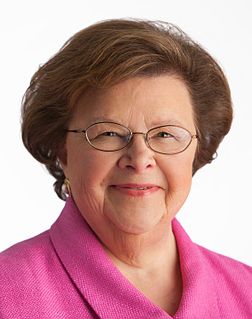A Quote by Anna Soubry
It is very easy for middle-class people who come from moneyed backgrounds not to understand what it's like for people when they first go down to the dole office because they've lost their jobs.
Related Quotes
The government decides to try to increase the middle class by subsidizing things that middle class people have: If middle-class people go to college and own homes, then surely if more people go to college and own homes, we’ll have more middle-class people. But homeownership and college aren’t causes of middle-class status, they’re markers for possessing the kinds of traits — self-discipline, the ability to defer gratification, etc. — that let you enter, and stay, in the middle class. Subsidizing the markers doesn’t produce the traits; if anything, it undermines them.
Look at what's happening between Main Street and Wall Street. The stock market index is up 136 percent from the bottom. Middle class jobs lost during the correction: six million. Middle class jobs recovered: one million. So therefore we're up 16 percent on the jobs that were lost. These are only born-again jobs. We don't really have any new jobs, and there's a massive speculative frenzy going on in Wall Street that is disconnected from the real economy.
I was brought up in a very naval, military, and conservative background. My father and his friends had very typical opinions of the British middle class - lower-middle class actually - after the war. My father broke into the middle class by joining the navy. I was the first member of my family ever to go to private school or even to university. So, the armed forces had been upward mobility for him.
I think there are many people in the working class who say, you know what? Yes, maybe we are better off than we were eight years ago, but I am still working two or three jobs, my kid can't afford to go to college, I can't afford child care, my real wages have been going down for 40 years. The middle class is shrinking. Who's standing up for me?































